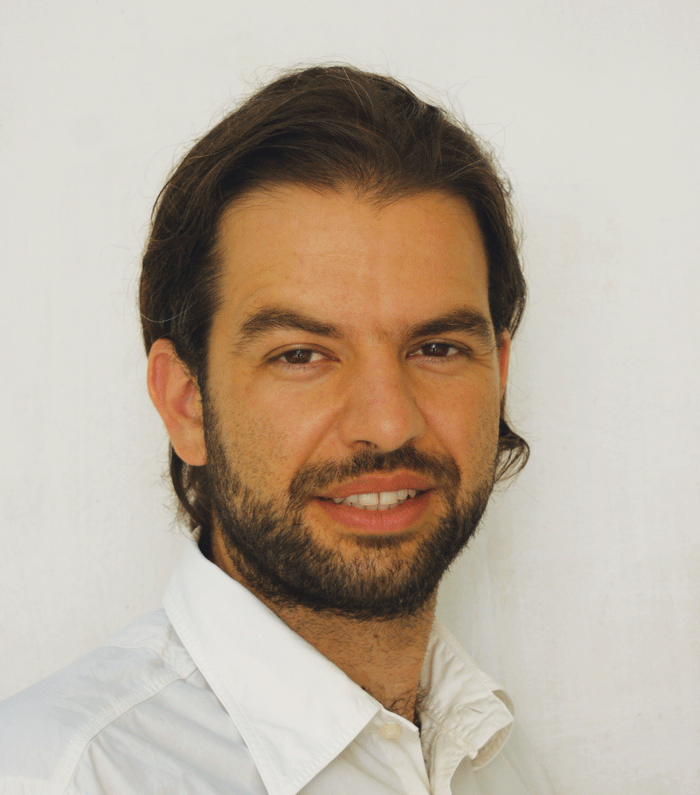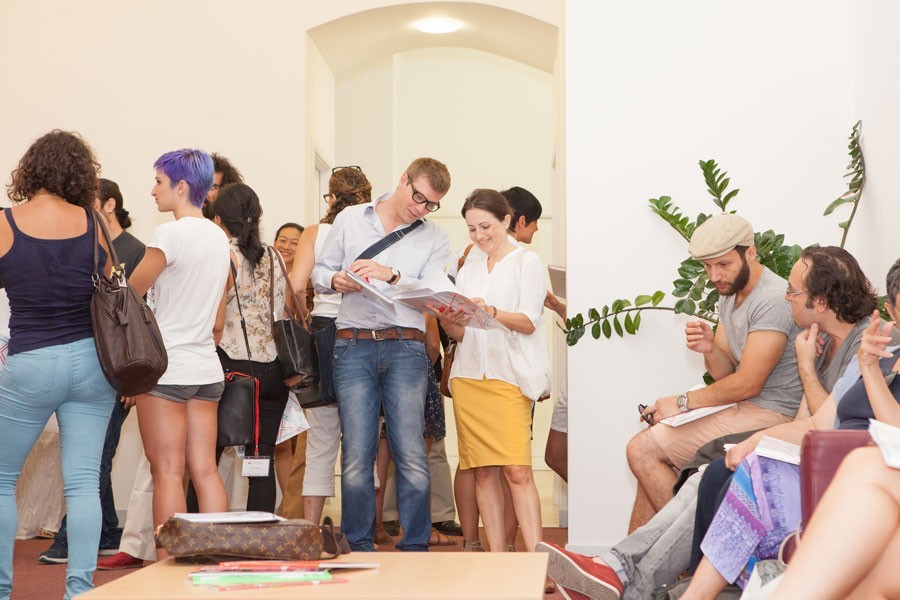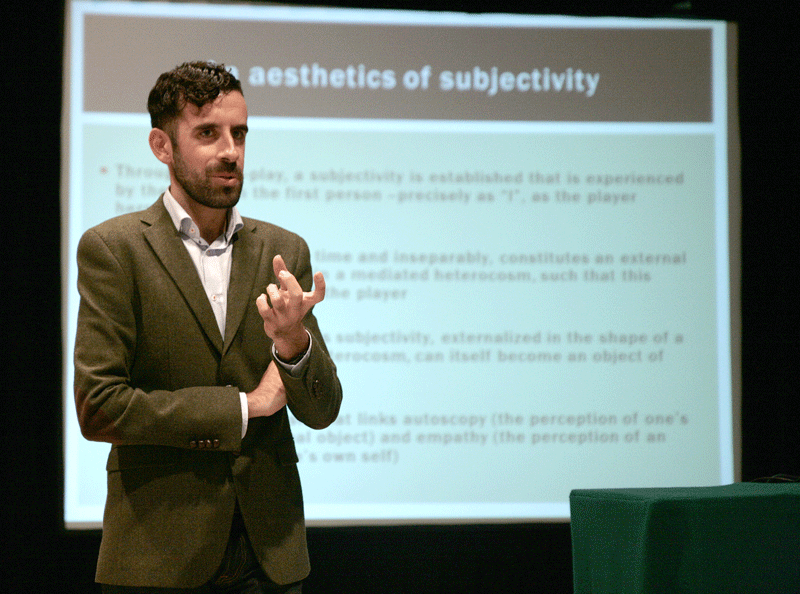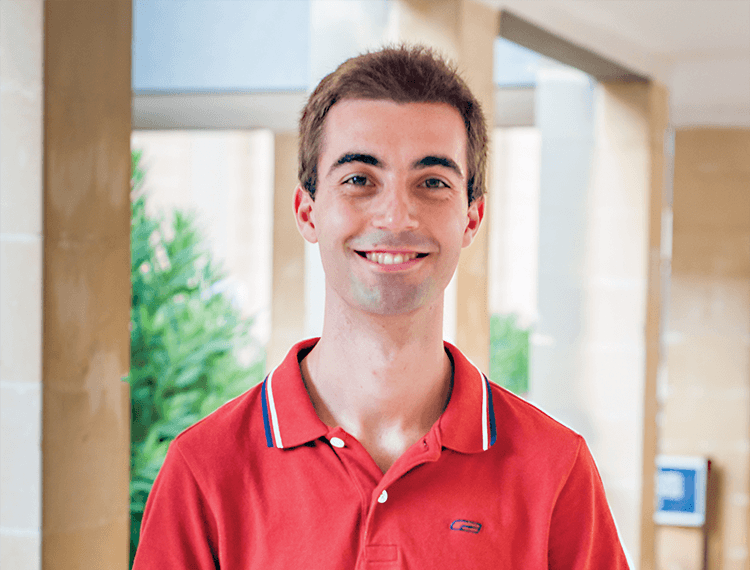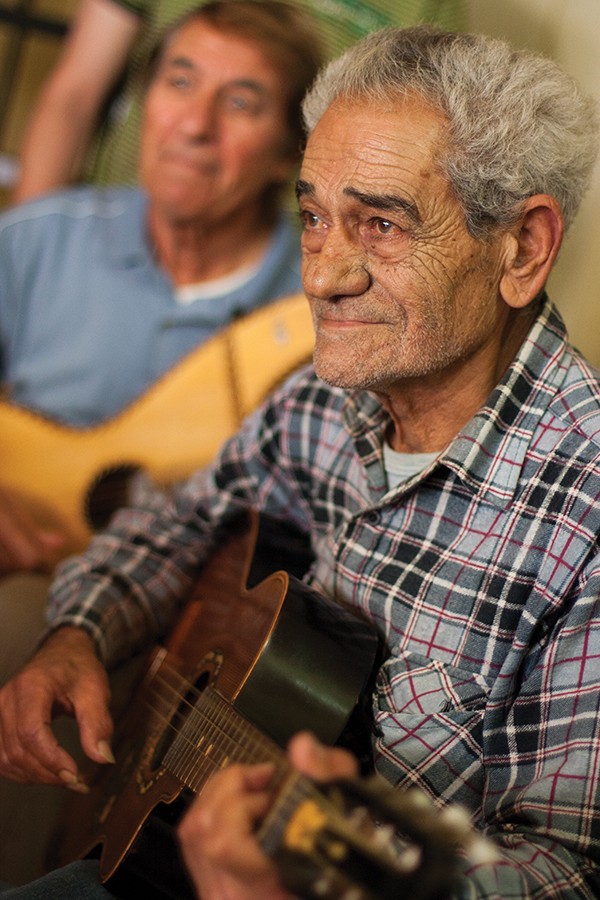Robots: science fiction to science fact
Dr Ing. Raphael Grech writes about his love affair with the robot world from Wall-E to the MIT Lincoln Laboratory in the USA
An Untapped Funding Resource
Dr Vasilis Valdramidis speaks about funding opportunities.Continue reading
Placing Cultural Research on the Map
The Valletta 2018 Foundation recently started a five-year research study to evaluate and monitor the European Capital of Culture (ECoC) project in Malta. The process combines both quantitative and qualitative approaches to collect data that will be communicated to the general public and interested stakeholders. This research will provide feedback to help fine-tune or correct the Foundation’s operations. The process aims to provide a local model for research in culture and the creative sector in order to encourage more cultural research after 2018.Continue reading
Gymnastic Polymers
by Alexander Hili
Literature, Philosophy, and Games
Daniel Vella shares his passion for game research
What exactly is it that you do?
 Research — that would be the simplest way to answer the question above. Really and truly this answer would only apply to a small niche of individuals throughout the world.
Research — that would be the simplest way to answer the question above. Really and truly this answer would only apply to a small niche of individuals throughout the world.
It is a big challenge to explain to people what you do with a science university degree. The questions “Int għal tabib?” (Are you aiming to become a doctor?) or “Issa x’issir, spiżjar?” (Will you become a pharmacist?) are usually the responses. The thing is, people have trouble understanding non-vocational careers — if you are not becoming a lawyer, an accountant, a doctor or a priest, the concept of your job prospects is quite difficult to grasp for the average Joe.
In truth, it is not really 100% Joe Public’s fault — research is a tough concept to come to terms with, ask a good portion of Ph.D. students about that. There seems to be a lack of clarity in people’s minds about what goes on behind the scenes. If you boil it down, everything we use in our daily lives from mobile phones to hand warmers are the spoils of research — a laborious process with the ultimate goal of increasing our knowledge and, consequently, the utility of our surroundings.
“People need to stop feeling threatened by big words and abstract concepts they cannot grasp”
So, then, why exactly is it such an alien concept? I think the reason is that research is very slow and sometimes very abstract. Gone are the days when a simple experiment meant a novel, ground-breaking discovery — research nowadays delves into highly advanced topics, building on past knowledge to add a little bit more. I have complained about this to many of my colleagues on several occasions — and it is more complicated when you are studying something like Chemistry and Physics, or worse, Maths and Statistics — people just do not get it!
Research is exciting. The challenge is how to infect others with this enthusiasm without coming off as someone without a hint of a social life (just ask my girlfriend). It is nice to see initiatives like the RIDT and Think magazine trying hard to get the message out there that research is a continuous process with often few short-term gains. It can be surprising when you realise how much is really going on at our University, despite its size and budget.
To befriend the general public researchers still need to do more. The first step is relaying the message in the simplest terms possible — people need to stop feeling threatened by big words and abstract concepts they cannot grasp. There also needs to be increased opportunities for interaction with research — Science in the City is the perfect example. Finally, I think MCST needs to start playing a larger role — it must work closer to University and take a more coordinated role at a national level. Only then can we begin to explain what us researchers do.
Getting the Rhythm
Music has changed society. Stephanie Mifsud met ethnomusicologist Dr Philip Ciantar to talk about music from all over the world. Studying diverse musical traditions has taught him about himself and how music can bridge cultural divides to bring us together
Classical, romantic, baroque, rock, hip hop… music continues to change throughout the years, yet we all look for that beat that gets us moving. How can we not when music is such an important part of our life?
Music is found everywhere: on television adverts, films, on the radio and at places of worship. Our society immerses us in it for hours every day. A person will listen to music that represents the way they feel. Music has the potential to influence moods, feelings, and thoughts.
“Music opens infinite thinking modes unknown to us and uncovers situations we wouldn’t otherwise experience”
Legendary rock guitarist Jimi Hendrix, told Life magazine in 1969, ‘I can explain everything better through music. You hypnotise people to where they go right back to their natural state, and when you get people at their weakest point, you can preach into their subconscious what we want to say.’
Music, like language, has a common factor: a person’s active role. People create music. No music can exist without the people who make it.
The Ethnomusicologist Dr Philip Ciantar (University of Malta) is interested in both the music itself, as a humanly organised sound, and the musicians. His research focuses on understanding how people worldwide think about music and how that affects their music. He meets and interviews countless musicians and their audiences. People’s thinking about music is shaped by who they are, their world-view, and how they use their creative imagination to create music. Take John Lennon’s song Imagine. The song has touched countless around the world. It might have changed the way people see themselves, relate to the people around them, and influenced future songs.
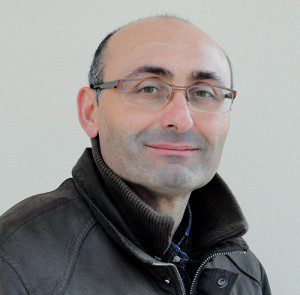
Music to say ‘Hello!’
Ciantar explains that ‘by listening to and exploring music from different countries we can understand other cultural and social realities. Music opens infinite thinking modes unknown to us and uncovers situations we wouldn’t otherwise experience.’ According to him, ‘music can highlight social issues or it can make a connection with different cultures when many other avenues fail’. This is the acceptance of ‘otherness’, the concept of what makes us different from each other culturally and socially. Music can be a very effective medium.
Acceptance of different cultures needs to be taught from a young age. Music can help in showing people the advantages of multiculturalism. Ciantar suggests that, at school, children can be taught instruments used in different cultures. This would help students understand and appreciate not just the instruments but also the musicians playing them. He continues, ‘you need to be open to other opinions, cultures, and traditions’ and music provides the right scenario.
Understanding music globally should lead to appreciation of diverse sounds and how they are made, communicated, and transformed into meaning. The musical process reveals humanity and here otherness surfaces as a challenge for us to deal with. It is up to us to then connect with different cultures we might consider alien.
People come together through music. The village feast is Malta’s best example of unity through music. During a feast a quiet pjazza transforms into a music concert, a fireworks festival, and a food extravaganza — uniting the whole community. These celebrations bring people together ignoring their differences.
Multiculturalism is a worldwide phenomenon. Malta is becoming multicultural and, as Ciantar comments, ‘music is an indicator of what is going on. Performances of African music at the Marsa Open Centre can be interpreted as a plea for social acceptance and cultural integration. Slavic street players in Republic Street play Bach’s violin partitas to make us connect with them culturally. Once we are connected they play a nostalgic lullaby from their homeland to make us feel the pain of distance and sympathise with them. Undoubtedly, music serves as a social text; in itself, an intriguing sonic document that links the evident with the untold or even ignored.’ This is the power of music and the concept of otherness that can shape our thoughts on multiculturalism and readiness to accept others’ views.
“Undoubtedly, music serves as a social text; in itself, an intriguing sonic document that links the evident with the untold or even ignored”
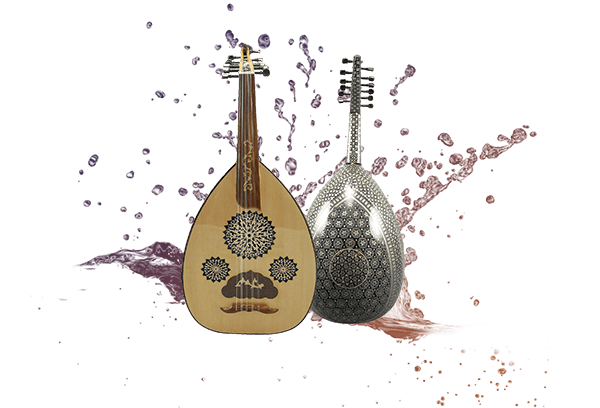
He became even more aware of multiculturalism while conducting his Ph.D. research. He went to Libya to experience different cultural backgrounds and traditions. He worked with Libyan musicians, attending their rehearsals, talked to people on Tripoli’s streets about the musical tradition of ma’lūf (a tradition valued for its Andalusian legacy), and sneaked in percussion performances with Libyan musicians. Apart from writing a book, these experiences helped Ciantar understand otherness and the challenges it implies.
Ciantar’s first experience with ethnomusicology and otherness goes back to 1991, when he was inspired by the writings of John Blacking and Bruno Nettl, and started researching Maltese folk music għana. He saw how the għanejja performed in two different contexts and their music changed accordingly. The music they sang was more elaborate in their regular bars when compared to stage music with an unknown audience.
Otherness can also be scrutinised through musical translation. Ciantar researches musical translation: how we digest and eventually accept music that might not be initially appealing to us. Recently, he composed a Maltese festa band march out of tunes that he had recorded in Libya. The process allowed him to investigate the music and himself. He had to take elements of one musical tradition and apply it to another that was culturally remote, using himself to understand the process of how a person thinks and transforms thought into music.
Ciantar is very hopeful of the musical evolution in Malta as this is being influenced by the different cultures that people encounter everyday. This will create a more varied musical scene. Ciantar can already feel the difference.
Stephanie Mifsud is part of the Department of English Master of Arts programme.
[ct_divider]
Find out more:
-
‘The Process of Musical Translation: Composing a Maltese Festa Band March from Libyan Ma’lūf Music’, Ethnomusicology, 57(1): 1-33 (2013).
-
The Ma’lūf in Contemporary Libya: An Arab Andalusian Musical Tradition. Burlington, VT: Ashgate. (2012).
-
‘From the Bar to the Stage: Socio-cultural Processes in the Maltese Spirtu Pront.’ Music and Anthropology in the Mediterranean Online (2000)
John Lennon’s Imagine
Andalusian Music
Għana Maltija—Traditional Maltese music
Saving Malta’s Music Memory
Maltese Music is being lost. Along with it Malta loses its culture, way of life, and memories. Dr Toni Sant is trying to change this trend through the Malta Music Memory Project (M3P)Continue reading
Insects in Malta
Insects are vital. Insects also cover the planet, with local research showing that there might be over 6,000 species — a wonderful world awaits. Find out about the incredible world of insects in Malta!
Continue reading


